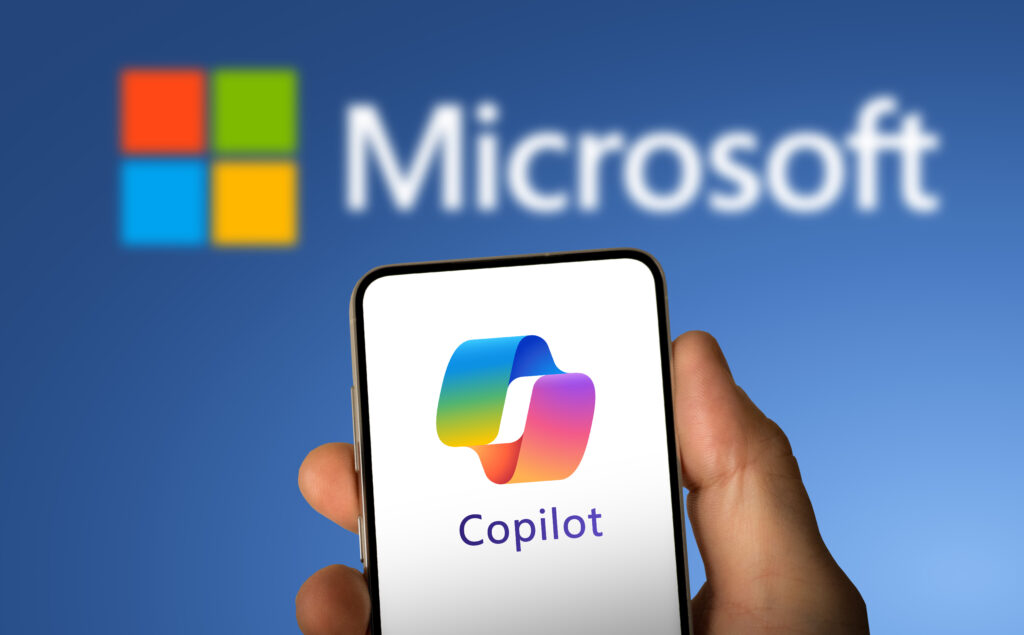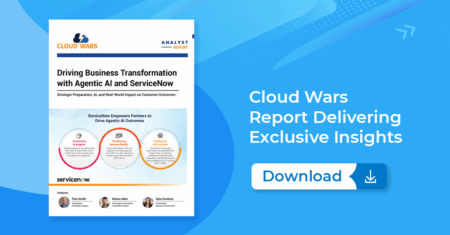
The threat of cyberattacks hasn’t disappeared. While Agentic AI is dominating the conversation as, in my humble opinion, the most transformative technology we have ever developed, cybercriminals are always looking for ways to exploit users.
To that end, as new products enter the market and adoption increases, advanced security has become more important than ever. That’s why Microsoft has announced that it is strengthening agent security with real-time protection features for Copilot Studio.
AI agents, which are becoming increasingly embedded into workflows, face many unique threats, such as prompt injection. While Copilot Studio already has built-in security measures to combat this and other threats, the new advanced protections take security to the next level for those who need it.
Real-Time Protection
“Microsoft Copilot Studio already includes strong built-in protections against agent manipulation, but for organizations that need deeper oversight and proactive, responsive control, a new feature is now in public preview,” reads a recent Microsoft blog post.
The feature is called advanced real-time protection and it enhances security for AI agents. It achieves this by allowing organizations to connect existing monitoring systems, whether provided by Microsoft, third parties, or custom builds. This capability enables users to monitor and evaluate the security status in real-time during agent runtime, providing an additional layer of defense aside from built-in security.
Microsoft describes this feature as enabling security systems to “become part of the agent’s decision-making process.” This means that any unsafe actions the agent intends to carry out can be blocked. Administrators can apply this enhanced real-time protection to multiple agents using the no-code Power Platform Admin Center.

AI Agent & Copilot Summit is an AI-first event to define opportunities, impact, and outcomes with Microsoft Copilot and agents. Building on its 2025 success, the 2026 event takes place March 17-19 in San Diego. Get more details.
How It Works?
When executing advanced runtime protection, Copilot Studio will call a connected security system to review a planned action and determine whether to allow it. Copilot Studio also generates audit logs that detail every interaction with the external security platform. Users can analyze these logs to identify vulnerable agents, assess the associated risks, and develop agents that are more secure to combat the identified threats.
The process is designed to be seamless and will not interrupt the flow of work. The external security system is given one second to respond to an action. If the action is blocked, the user is immediately informed. If the action is allowed, the workflow continues as usual.
Closing Thoughts
With this development, Microsoft is continuing to demonstrate its flexibility with Copilot. I recently reported on the two-tier system that was launched, which divides Copilot into Lite and Full categories. In this approach, Microsoft made a masterstroke by democratizing the use of Copilot through clear definitions of the available use cases.
With this advanced security option, Microsoft is taking a different approach by confirming that, despite its prevalence across many consumer products, Copilot is more than capable of handling and ultimately excelling in enterprise use cases. When it comes to the enterprise, security and governance are incredibly important concerns, and Microsoft has confirmed that it is able to address them and deliver advanced security through Copilot.
Ask Cloud Wars AI Agent about this analysis










